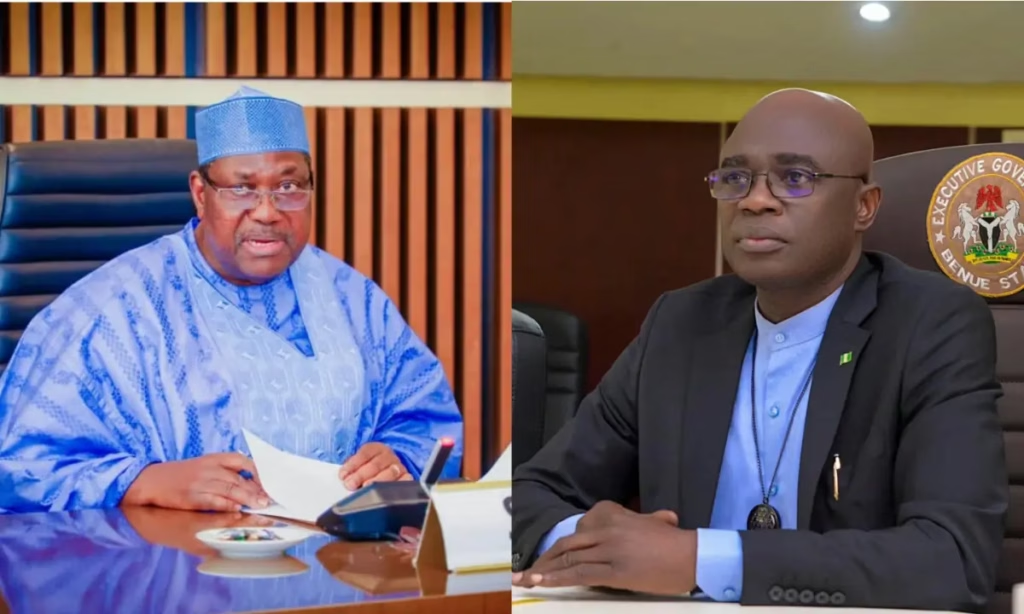Benue State’s Leadership Crisis: A Call for Clarity Amidst Chaos
In a bold move to address the swirling vortex of political tension in Benue State, Nigeria, former House of Representatives member and All Progressives Congress (APC) chieftain, Francis Ottah Agbo, has stepped forward to set the record straight. In a candid interview with TCV Politics, Ottah vehemently dismissed the notion of a leadership crisis, pointing fingers at "hangers-on" who are allegedly fueling divisions within the state’s political landscape.
At the heart of the controversy lies the question of governance, with some suggesting the existence of two governors in Benue. Ottah was unequivocal in his response, stating, "Governor Hyacinth Alia is the sitting governor of Benue State. There are no two governors." He expressed deep disappointment over what he perceives as deliberate attempts by a small group of individuals to delegitimize Governor Alia’s leadership, driven by personal political gain.
Ottah drew parallels with past governors, including George Akume, Governor Gabriel Suswam, and Governor Samuel Ortom, all of whom exercised full control during their tenures. "Now, Governor Alia is the man in charge, he’s not just in government, he is in power," he affirmed, underscoring the importance of allowing the governor to work without distractions. This sentiment was echoed in his revelation that he personally confronted young agitators spreading falsehoods and propaganda aimed at undermining the governor.
A key point of contention revolves around the role of the National Assembly in Benue’s political matters. Ottah was clear in his stance, citing respected legal opinions, including those of Femi Falana SAN, that the National Assembly lacks the constitutional authority to summon or intervene in the affairs of a sitting governor or state assembly. He labeled a recent protest by the "Guardians of Democracy and Rule of Law" as a sham, accusing its organizers of being unqualified law students recruited for political purposes.
"The National Assembly has no jurisdiction over a state governor or the state assembly. They are co-equal in structure," Ottah explained, emphasizing that intervention is only permissible in extreme circumstances such as war or total legislative collapse, and even then, it is temporary. This clarification comes as a stark reminder of the boundaries of power and the importance of respecting these limits to ensure the smooth functioning of democratic processes.
As Benue State navigates these choppy political waters, Ottah’s words serve as a call to action, urging all stakeholders to rally behind Governor Alia and allow him to fulfill his duties without hindrance. The path forward requires clarity, cohesion, and a commitment to the democratic principles that underpin the nation’s governance structure. In the face of armed militia attacks in Akawe and the ensuing chaos, Ottah’s message resonates as a plea for peace and stability, essential for the progress and prosperity of Benue State and its people.
